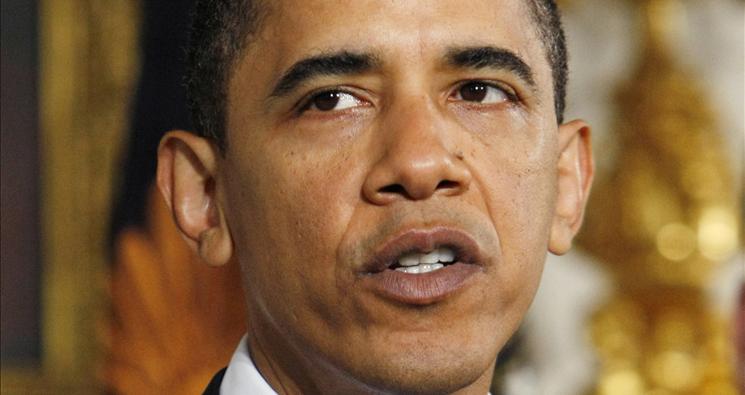Are We Trading Privacy Without Gaining Security?
Consider me fully in the Andrew McCarthy camp on the legality and potential effectiveness of a properly structured and run NSA metadata program, but the NSA program — as with all intelligence-gathering efforts — ultimately depends on an administration and government elite that is actually willing to let the men and women on the ground pull the triggers they’ve been trained to pull. Consider these three vignettes:
First, from former attorney general Michael Mukasey, writing in the aftermath of the Boston bombing:
Tamerlan Tsarnaev is the fifth person since 9/11 who has participated in terror attacks after questioning by the FBI. He was preceded by Nidal Hasan; drone casualty Anwar al Awlaki; Abdulhakim Mujahid Muhammad (born Carlos Leon Bledsoe), who murdered an Army recruit in Little Rock in June 2009; and David Coleman Headley, who provided intelligence to the perpetrators of the Mumbai massacre in 2008. That doesn’t count [underwear bomber Umar Farouk] Abdulmutallab, who was the subject of warnings to the CIA that he was a potential terrorist.
Next, here is one of the rules of engagement reportedly in effect the day that Dakota Meyer won his Medal of Honor in Afghanistan:
The directive from the high command was clear: do not employ “air-to-ground or indirect fires against residential compounds defined as any structure or building known or likely to contain civilians, unless the ground force commander has verified that no civilians are present.”
Finally, CNN can find suspected Benghazi terrorists, but our multi-billion national security machine can’t be bothered?
On Wednesday, CNN aired a portion of an interview one of the network’s reporters was able to conduct with a man accused of participating in the September 11, 2012, attack on an American diplomatic consulate in Benghazi. The individual accused of participating in that attack was not in hiding and said that American investigators were not looking for him.
Our leaders are betraying the men and women who risk their lives on the front lines (the core of the Benghazi scandal is the betrayal of the courageous by the cowardly — those who risked everything were forsaken by those who risked nothing more than a negative news cycle), and they’re betraying the civilians they’re supposed to protect. And for what? Our enemies are not impressed by our restraint. They laugh at us even as they eagerly exploit every self-made weakness. The more malleable, uncommitted masses in the Muslim world aren’t impressed either — especially when our restraint costs innocent lives and empowers the most oppressive and ruthless jihadists. Our “friends” blackmail us into writing ever-larger checks while we consistently waive even the most basic human-rights conditions on aid.
I have first-hand experience with the failure of will even when equipped with outstanding intelligence, and that was during the surge when rules of engagement were far looser, and the administration more aggressive. The reward for our restraint was death and heartache.
Those of us in the “national-security Right” (to borrow Mr. McCarthy’s excellent phrase) seek a national defense that is both constitutional and effective, but a defense establishment that lacks the strength of will to act even on the best of intelligence will be utterly ineffective no matter the metadata.
As we approach the next anniversary of 9/11, here is the Obama administration’s national-defense legacy: Less privacy, less security, fewer allies, and billions more in wasted American aid.
